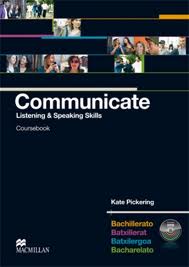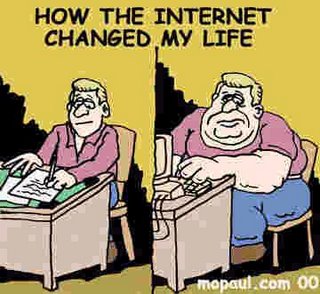Why do leaves change colours?

Leaves are loaded with chlorophyll, which makes them green. But all green plants also carry a set of chemicals called carotenoids. On their own, these look yellow or orange—carotenoids give color to corn and carrots, for example—but they’re invisible beneath the chlorophyllic green of a leaf for most of the year. In the fall, when the leaves are nearing the end of their life cycle, the chlorophyll breaks down, and the yellow-orange is revealed. “The color of a leaf is subtractive, like crayons on a piece of paper,” says David Lee, formerly of Florida International University, who has studied leaf color since 1973. Most trees have evolved to produce a different set of chemicals, called anthocyanins, when it’s bright and cold in autumn. These have a reddish tint and are responsible for the color of a blueberry. They’re also sometimes made in newly sprouting leaves, which explains their sometimes reddish tint. Where chlorophyll and anthocyanins coexist, the co

